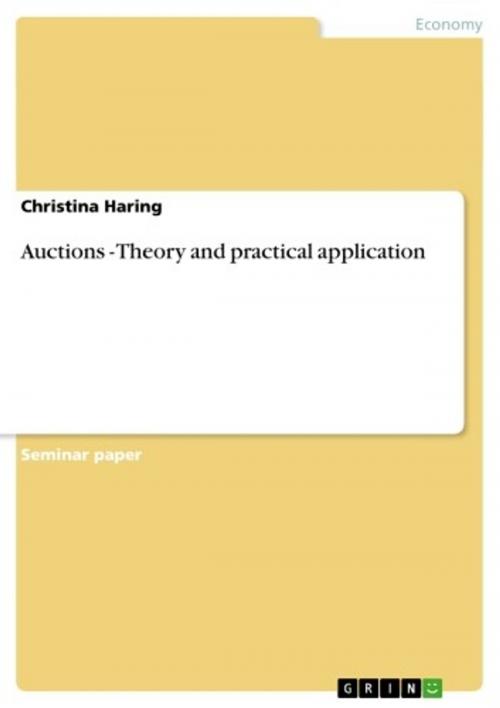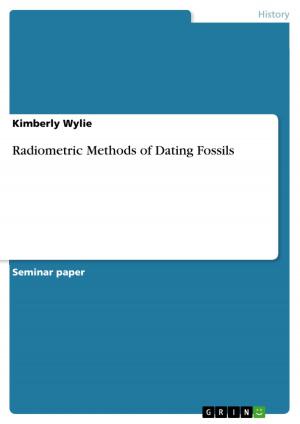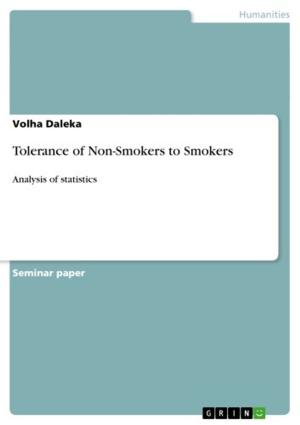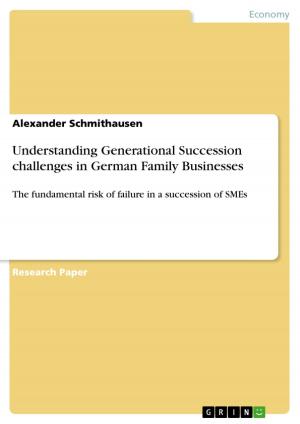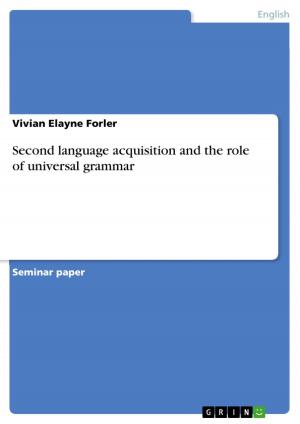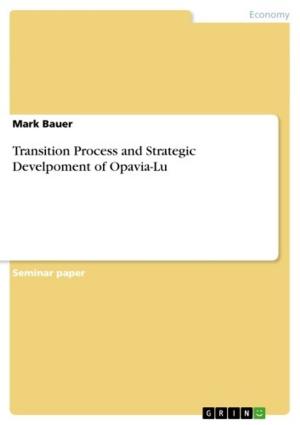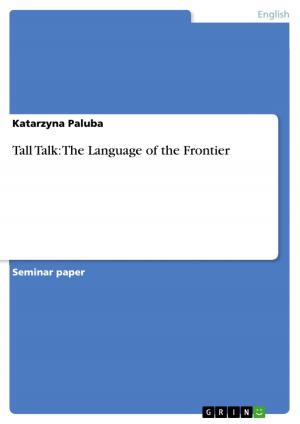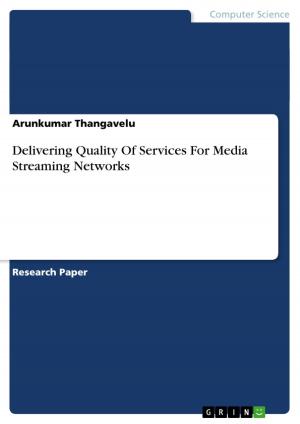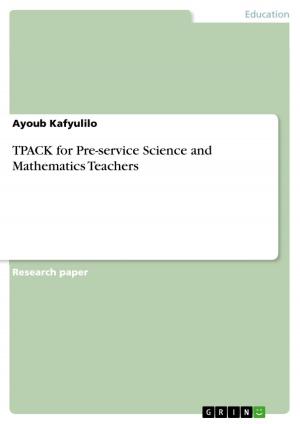Auctions - Theory and practical application
Theory and practical application
Business & Finance, Industries & Professions, Distribution| Author: | Christina Haring | ISBN: | 9783638260541 |
| Publisher: | GRIN Publishing | Publication: | March 11, 2004 |
| Imprint: | GRIN Publishing | Language: | English |
| Author: | Christina Haring |
| ISBN: | 9783638260541 |
| Publisher: | GRIN Publishing |
| Publication: | March 11, 2004 |
| Imprint: | GRIN Publishing |
| Language: | English |
Seminar paper from the year 2003 in the subject Business economics - Trade and Distribution, grade: 2,1 (UK-Note: 60 (B)), City University London (International Business Economics), 10 entries in the bibliography, language: English, abstract: For centuries, auctions are used to buy and sell goods and are regarded as an appropriate and effective method of a dynamical pricing procedure. In the last decades, economists are increasingly engaged in finding new, more efficient ways of auctions and developing the belonging strategies for bidders and sellers. Nowadays the development of new technologies has a strong impact on the economic environment. Many traditional business styles are transforming or are already transformed into electronic transactions. The increasing spread and usage of the Internet significantly influenced the auction business and caused a shift from the traditional forms to various online auction forms with a more extensive and flexible character according to product range, locations and payment methods. The online auction pages are available 24 hours a day to people all over the world. In the last years, the reach of customers has dramatically expanded on a global basis, which indicates a clear threat to traditional auctioneers, who are loosing their market dominance. In the following study primarily the theoretical approaches of auctions and its most common types are examined. Based on one of the major types, a recent Internet auction company is analysed. Main attention is paid to the auction design and the deductive implications on revenues and economic efficiency in general.
Seminar paper from the year 2003 in the subject Business economics - Trade and Distribution, grade: 2,1 (UK-Note: 60 (B)), City University London (International Business Economics), 10 entries in the bibliography, language: English, abstract: For centuries, auctions are used to buy and sell goods and are regarded as an appropriate and effective method of a dynamical pricing procedure. In the last decades, economists are increasingly engaged in finding new, more efficient ways of auctions and developing the belonging strategies for bidders and sellers. Nowadays the development of new technologies has a strong impact on the economic environment. Many traditional business styles are transforming or are already transformed into electronic transactions. The increasing spread and usage of the Internet significantly influenced the auction business and caused a shift from the traditional forms to various online auction forms with a more extensive and flexible character according to product range, locations and payment methods. The online auction pages are available 24 hours a day to people all over the world. In the last years, the reach of customers has dramatically expanded on a global basis, which indicates a clear threat to traditional auctioneers, who are loosing their market dominance. In the following study primarily the theoretical approaches of auctions and its most common types are examined. Based on one of the major types, a recent Internet auction company is analysed. Main attention is paid to the auction design and the deductive implications on revenues and economic efficiency in general.
